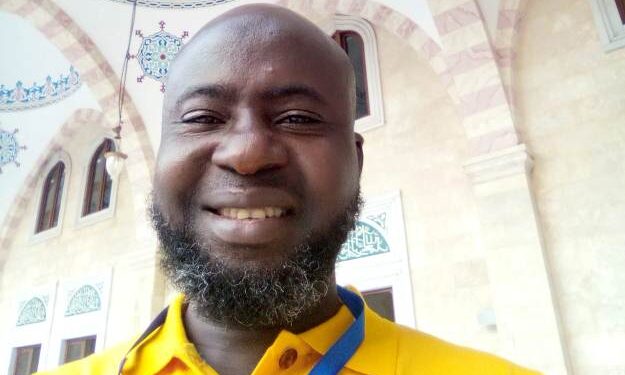How Ghana’s Most Widely Spoken Local Language Can Bridge the Gap in Understanding Interest-Free Banking
As Ghana moves toward adopting Islamic finance, one major challenge remains: ensuring that ordinary Ghanaians truly understand its principles. While English remains the official language of banking, millions of Ghanaians—especially market traders, farmers, and small business owners—think, negotiate, and do business in Twi. To make Islamic banking accessible, stakeholders must leverage Twi as a special-purpose vehicle for explaining its core concepts in a relatable way.
Why Twi Matters for Islamic Finance
Islamic finance operates on principles such as:
– No interest (Riba) – “Nni nsiho sika” (Don’t take interest money)
– Profit-and-loss sharing (Mudarabah) – “Yɛbɛkyɛ mfaso ne asɛm” (We will share profit and loss)
– Asset-backed financing (Murabaha) – “Sika a wɔde tua ade a wɔwɔ mu” (Money tied to a real asset)
Without clear Twi translations, these ideas risk being misunderstood as “Muslim-only banking” or “too complex for local traders.”
How Twi Can Simplify Islamic Finance for Ghanaians
1. Proverbs & Analogies for Better Understanding. – Twi is rich in proverbs that can mirror Islamic finance ethics; “Sika yɛ mogya” (Money is like blood). Just as blood must flow cleanly, money must circulate ethically (no exploitation). “Wo boɔ wo fie ase na wotu kwan” (You secure your house before travelling) → Islamic finance requires collateral (asset-backed deals).
2. Local Business Culture Aligns with Islamic Finance. Traditional Ghanaian business practices like “susudua” (trust-based credit) and “ntamoba” (joint ventures) are similar to Mudarabah and Musharakah in Islamic finance. Explaining these links in Twi makes the system feel familiar rather than foreign.
3. Overcoming Misconceptions – Some believe Islamic finance is “for Muslims only” (“nkremofo nko ara na ɛfa ho”). – Twi can clarify: “Ɛyɛ sikasɛm ho nhyehyɛe a obiara betumi adi so” (It’s a financial system anyone can use).
Case Study: Nigeria’s Success with Local Language Outreach: In Northern Nigeria, Hausa-language campaigns helped Islamic banking gain acceptance among rural traders. Ghana can replicate this by using Twi radio ads, market seminars, and mobile money explanations in local dialects.
Challenges & Solutions
Challenge: Lack of standardised Twi financial terms, and the solution is to collaborate with linguists and Islamic finance experts to create simple, consistent translations.
Challenge: Resistance due to religious associations, and the solution is to frame it as “Nnwuma Sika Ho Nhyehyɛe” (Ethical Business Finance) to emphasise universality.
The Way Forward
For Islamic finance to thrive in Ghana, education must extend beyond English-speaking elites. The Bank of Ghana, Islamic finance institutions, and media must invest in Twi-language training for bankers, and Workshops for market associations
In a nutshell, Twi is not just a language—it’s a bridge that can connect complex Islamic finance principles to Ghana’s grassroots economy. By speaking to people in words they truly understand, Ghana can ensure that Islamic finance doesn’t just exist in the system but thrives in the marketplace. And Allah knows best!
The writer is the Ghana representative of the Alhuda Centre of Islamic Banking and Economics, Dubai, and an Islamic Banking and Finance patron and advocate in Ghana. He is also the founder of ‘Islamic Finance TV Gh’ on Facebook, TikTok, and YouTube. He holds a BSc. In Islamic banking, economics, and finance from the International Open University, a BA. In Political Science from the University of Ghana, and a Diploma in Education from the University of Winneba. We would want to collaborate and partner with any persons or organisations who are willing to explore this field in Ghana and beyond.
Email: yahaya0246873726@gmail.com
WhatsApp +233 246873726


